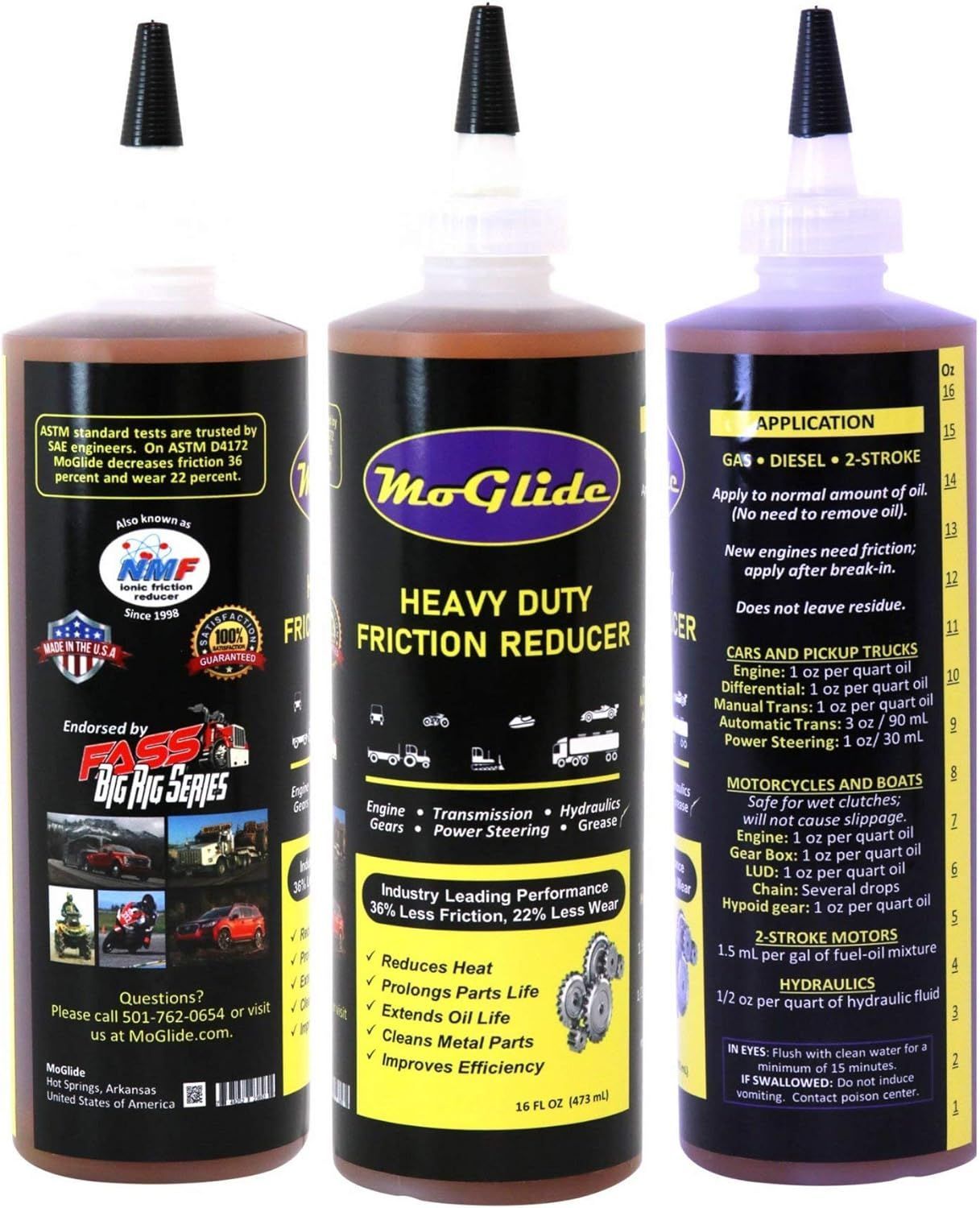A long-time favorite among the additive crowd is SeaFoam. Introduced in 1942, it's primary use case has been more of a cleaner than an additive, however, you can "add" it to both fuel and engine oil, we decided it definitely deserved a spot in our lineup.
Most gearhead types think of SeaFoam as the cleaner you suck in to the intake system through a small vacuum line on the intake manifold in order to blast out all the carbon and deposits from intake valves and pistons. While still a viable option, they've now introduced a spray canister version of the original product, which is far more convenient, safer and easier to use for modern vehicles.
Essentially the same thing in spray form, you spray the product in through a gap you create in the intake tube, where it attaches to the throttle body. Spraying the cleaner in this manner will clean up the throttle body, intake tract, intake valves, and pistons. This is a great maintenance service to do regularly on direct injected engines, where carbon buildup on the intake valves can become excessive.
Another use case for SeaFoam (the liquid version) is adding it to your fuel tank, where it can help clean up fuel system moisture and deposits, as well as intake valves (on port injected engines) and pistons. This product can also be added to engine oil as a type of engine flush.
SeaFoam is a solvent, adding it to the engine oil at the prescribed amount, it states to only do so 100 to 300 miles before an oil change, since there is a risk of it freeing up a significant amount of deposits and sludge which can clog oil filters and supply orifices, as well as compromise the integrity of your engine oil. It's strong stuff, so be careful, but when used correctly it can make a noticeable difference in the way your engine runs.





